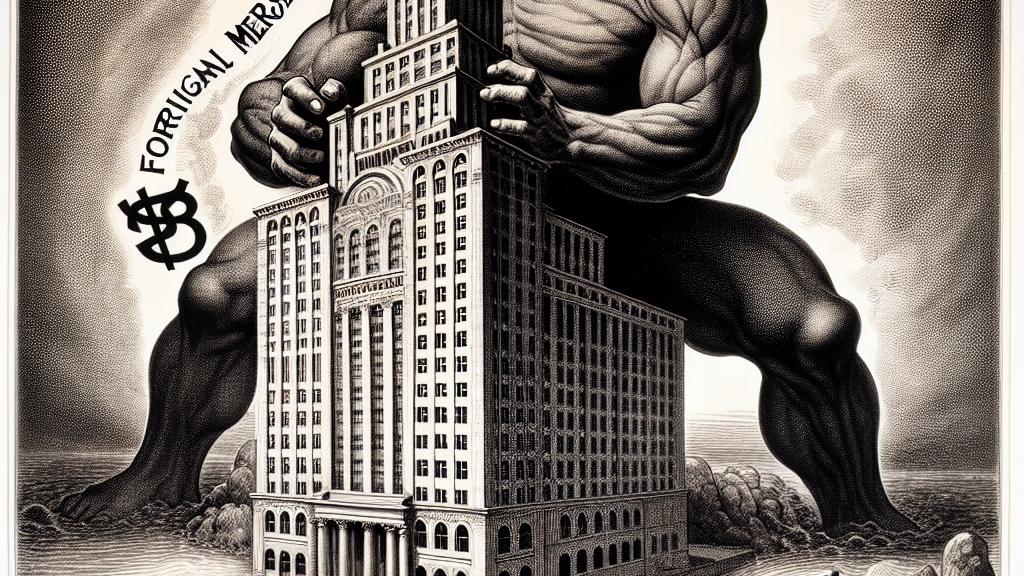Biden Blocks Japanese Company from Buying US Steel
Overview
- Biden’s rejection reflects a strong stance against foreign control of American industries.
- This decision may strain the historic alliance between the US and Japan.
- The move is crucial for national security and future economic stability.

The Decision Behind the Block
In a decisive and strategic move, President Joe Biden has turned down a staggering $15 billion merger proposal from Japan’s Nippon Steel to purchase US Steel, a cornerstone of American manufacturing based in Pittsburgh. Biden emphasized, 'We must ensure that significant US companies remain central to our steel-making capacity to defend America’s interests.' This echoes the sentiment of a sports coach keeping their star player; it’s about safeguarding the team’s strength and preserving the integrity of American jobs. This decision is not just a financial calculation; it's a commitment to uphold a robust domestic industry that can weather the storms of global competition.
Potential Impact on US-Japan Relations
Blocking this acquisition might have significant implications for US-Japan relations, which have flourished for decades. As America’s biggest ally in Asia and a major holder of US debt, Japan's economic ties with the US are intricate and essential. However, rejecting Nippon Steel’s bid could introduce an air of mistrust. Imagine two allies who have shared resources suddenly facing a rift due to a misunderstanding over trade. Both nations now stand at a crossroads, where careful navigation is required to prevent further strife in diplomatic relations and to ensure continued cooperation in other critical areas, such as security and trade agreements.
Biden's Broader Economic Strategy
Biden's rejection is part of a comprehensive economic strategy focused on reviving and protecting American manufacturing from foreign takeover. His administration seeks not only to maintain jobs but to foster a sense of national pride in domestically produced goods. This situation can be likened to a gardener who tends to their plants, ensuring they are well-cared for before allowing foreign seeds to take root. Although some experts have debated whether the acquisition posed genuine security risks, the broader picture is clear: promoting a self-reliant economy is paramount. Biden aims to bolster the American workforce and maintain autonomy over key industries, allowing the nation to stand resilient against global shifts and uncertainties.

Loading...